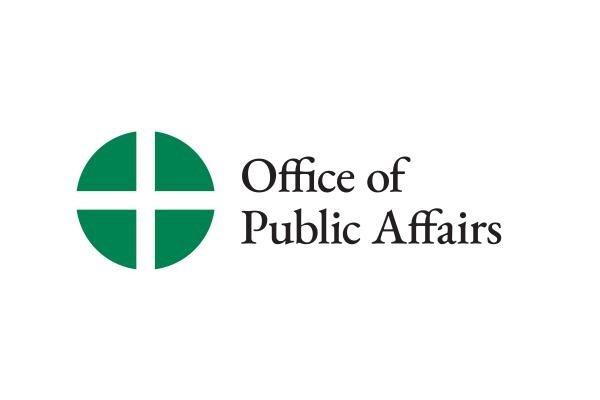Migrant Families Focus of 2011 National Migration Week
WASHINGTON (December 16, 2010) — Renewing Hope, Seeking Justice is the primary theme for the 2011 National Migration Week, to be held January 2-8 in parishes and dioceses around the country. Following the lead of Pope Benedict XVI, who has focused on migrant families in his 2011 World Day of Migrant
WASHINGTON (December 16, 2010) — Renewing Hope, Seeking Justice is the primary theme for the 2011 National Migration Week, to be held January 2-8 in parishes and dioceses around the country.
Following the lead of Pope Benedict XVI, who has focused on migrant families in his 2011 World Day of Migrants and Refugees message, the U.S. Catholic bishops focus this year’s National Migration Week message also on the family by highlighting the stresses and strains that migration has on families and the effects that economic underdevelopment has in this process.
“Systemic poverty, economic instability and a lack of viable employment are fundamental, root causes of unregulated migration,” said Archbishop José Gomez, coadjutor archbishop of Los Angeles. “Given the economic inequalities that separate the developed from the developing nations, and the important role that these differences play in migration patterns, the Catholic bishops have repeatedly stressed that an open-door immigration policy is not a solution to the problem of illegal immigration. International economic development is a crucial component in the management of migration patterns.”
Archbishop Gomez, who is chairman of the United States Conference of Catholic Bishops (USCCB) Committee on Migration, stressed the need to work for economic and social development in sending countries so that people won’t be forced to migrate in order to sustain or find a better life for their families.
“The bishops of the United States, in their pastoral letter Strangers No Longer, called on the United States to work in solidarity with the international community to help raise the standard of living, uphold human rights and implement complementary political institutions in the underdeveloped world so that people can have the chance to prosper in their homelands,” Archbishop Gomez said.
Domestically, other steps can be taken to help regulate illegal immigration, such as Congress developing policies that provide legal avenues of entry for low-skilled workers that better match fluctuations in the marketplace.
The observance of National Migration Week began over a quarter century ago by the bishops to provide Catholics with an opportunity to take stock of the wide diversity in the Church and the ministries serving them. As the face of the local churches continues to change, the availability of materials explaining the plea and celebrating the contributions of immigrants and refugees is becoming increasingly important. They provide an important educational resource that can be used throughout the year by individuals, families, schools and parishes to learn about the complex issues surrounding migration.
In conjunction with The Catholic University of America, USCCB will develop a new educational website that will focus on the important role that the Catholic Church has played in the area of refugee resettlement for nearly seven decades. The site is expected to be operational in the spring and will be hosted at https://libraries.cua.edu/achrcua/packets.html where other resources are already posted. These resources are directed to assist teachers, directors of religious education and others interested in migration and refugee issues.
National Migration Week resources can be downloaded directly from the website or can be ordered in bulk through the USCCB Communications office at 1-800-235-8722 or www.usccbpublishing.org (browse under Migration and Refugee Services).
---
Keywords: National Migration Week, family, poverty, economic underdevelopment, immigration, Benedict XVI, Strangers No Longer, Archbishop Jose Gomez, Committee on Migration, U.S. Catholic Bishops, USCCB

